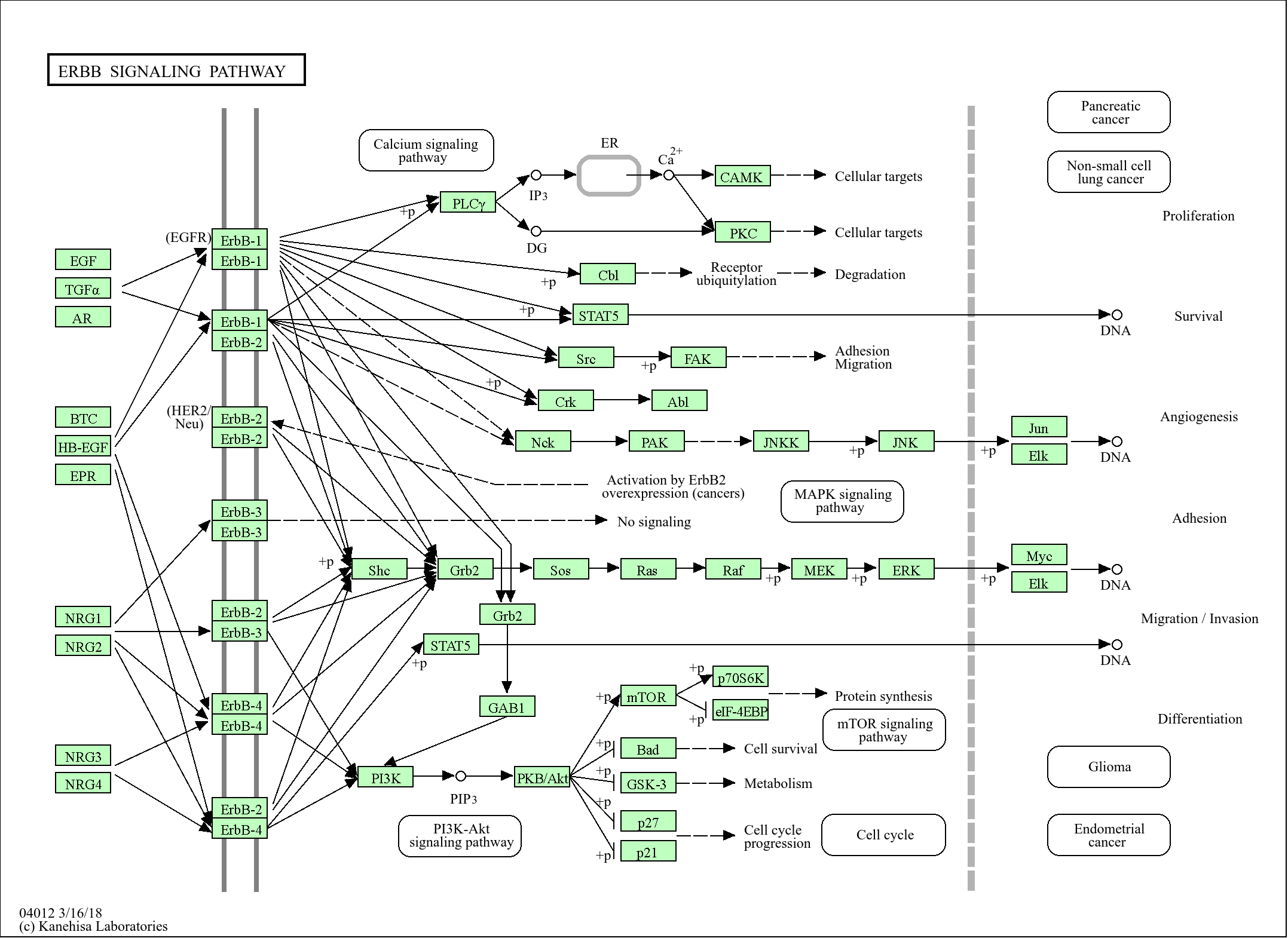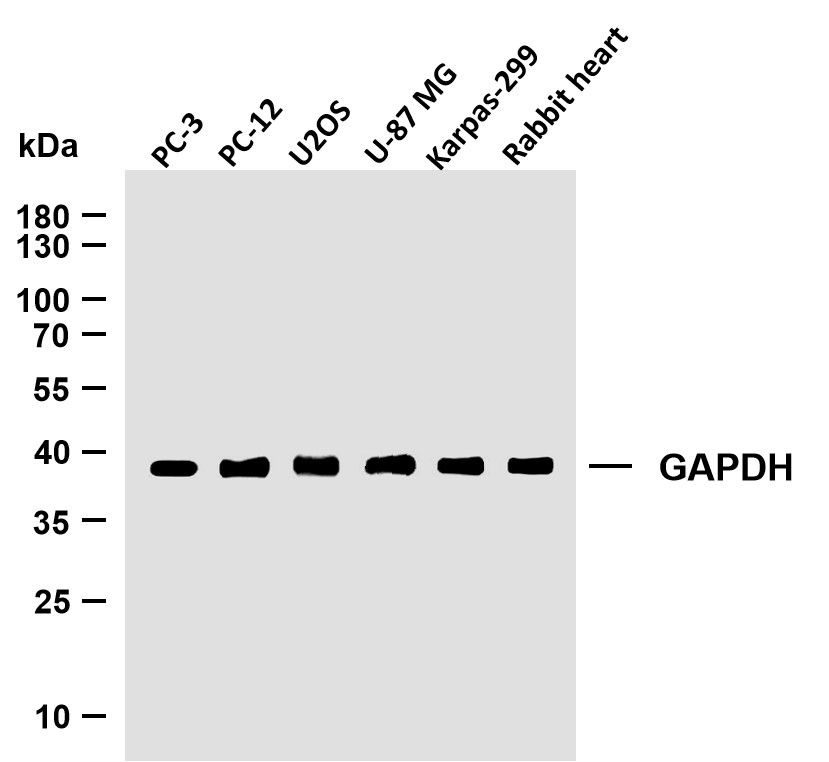
Catalog: YC0007
Size
Price
Status
Qty.
200μL
$450.00
In stock
0
100μL
$280.00
In stock
0
40μL
$150.00
In stock
0
Add to cart


Collected


Collect
Main Information
Target
Caspase-6
Host Species
Rabbit
Reactivity
Mouse, Rat
Applications
WB, IHC, IF, ELISA
MW
28kD,35kD (Observed)
Conjugate/Modification
Unmodified
Detailed Information
Recommended Dilution Ratio
WB 1:500-1:2000; IHC 1:100-1:300; ELISA 1:10000; IF 1:50-200
Formulation
Liquid in PBS containing 50% glycerol, 0.5% BSA and 0.02% sodium azide.
Specificity
Cleaved-Caspase-6 p18 (D162) Polyclonal Antibody detects endogenous levels of fragment of activated Caspase-6 p18 protein resulting from cleavage adjacent to D162.
Purification
The antibody was affinity-purified from rabbit antiserum by affinity-chromatography using epitope-specific immunogen.
Storage
-15°C to -25°C/1 year(Do not lower than -25°C)
Concentration
1 mg/ml
MW(Observed)
28kD,35kD
Modification
Unmodified
Clonality
Polyclonal
Isotype
IgG
Related Products
Antigen&Target Information
Immunogen:
The antiserum was produced against synthesized peptide derived from mouse Caspase 6. AA range:144-193
show all
Specificity:
Cleaved-Caspase-6 p18 (D162) Polyclonal Antibody detects endogenous levels of fragment of activated Caspase-6 p18 protein resulting from cleavage adjacent to D162.
show all
Gene Name:
CASP6
show all
Protein Name:
Caspase6
show all
Other Name:
CASP6 ;
MCH2 ;
Caspase-6 ;
CASP-6 ;
Apoptotic protease Mch-2
MCH2 ;
Caspase-6 ;
CASP-6 ;
Apoptotic protease Mch-2
show all
Background:
CASP6 encodes a member of the cysteine-aspartic acid protease (caspase) family of enzymes. Sequential activation of caspases plays a central role in the execution-phase of cell apoptosis. Caspases exist as inactive proenzymes which undergo proteolytic processing at conserved aspartic acid residues to produce two subunits, large and small, that dimerize to form the active enzyme.Caspase 6 is processed by caspases 7, 8 and 10, and is thought to function as a downstream enzyme in the caspase activation cascade. Alternative splicing of CASP6 results in multiple transcript variants that encode different isoforms.
show all
Signaling Pathway
Reference Citation({{totalcount}})
Catalog: YC0007
Size
Price
Status
Qty.
200μL
$450.00
In stock
0
100μL
$280.00
In stock
0
40μL
$150.00
In stock
0
Add to cart


Collected


Collect
Recently Viewed Products
Clear allPRODUCTS
CUSTOMIZED
ABOUT US
Toggle night Mode
{{pinfoXq.title || ''}}
Catalog: {{pinfoXq.catalog || ''}}
Filter:
All
{{item.name}}
{{pinfo.title}}
-{{pinfo.catalog}}
Main Information
Target
{{pinfo.target}}
Reactivity
{{pinfo.react}}
Applications
{{pinfo.applicat}}
Conjugate/Modification
{{pinfo.coupling}}/{{pinfo.modific}}
MW (kDa)
{{pinfo.mwcalc}}
Host Species
{{pinfo.hostspec}}
Isotype
{{pinfo.isotype}}
Product {{index}}/{{pcount}}
Prev
Next
{{pvTitle}}
Scroll wheel zooms the picture
{{pvDescr}}




















